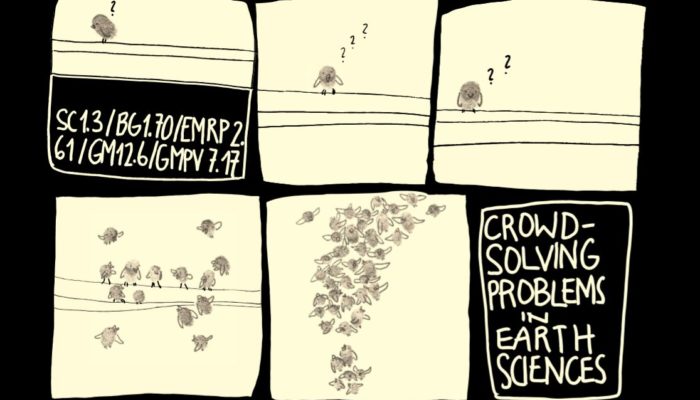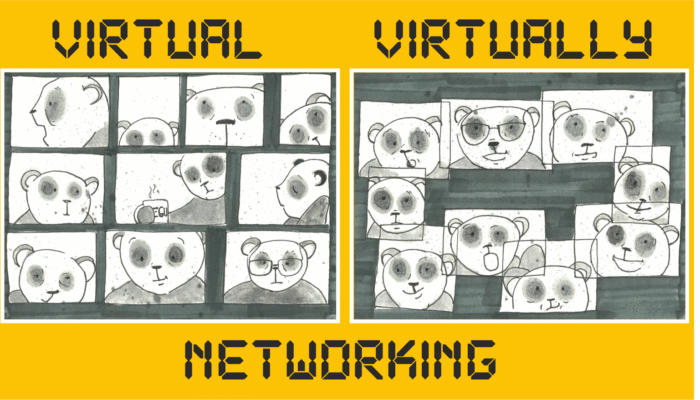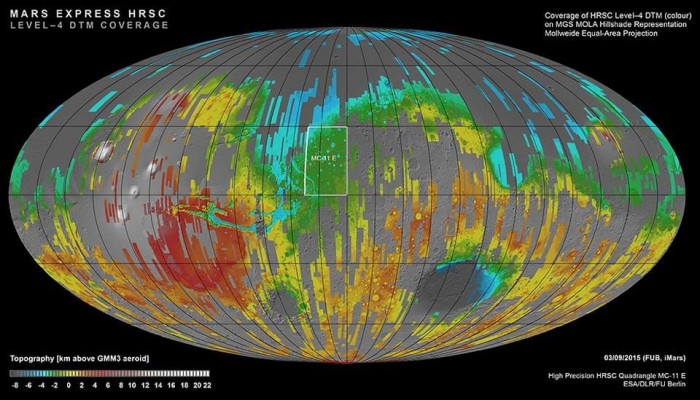Research rarely follows a straight path and it is normal for challenges to arise during a scientific career. These challenges may come from scientific issues, like inaccessible field sites or data or unavailable/insufficient methods, or from social or personal problems and so on. This year we are facing an additional problem in our inability to meet in person, travel and go to the field. As we all ...[Read More]
Challenging challenges in Earth science research at the EGU General Assembly!

At the EGU General Assembly 2019 last month, if you walked through the dark basement and the most distant hallways of the convention centre, into room -2.62 on Wednesday evening, you may have heard people introducing themselves followed by the words “… and I have a problem.” This may have sounded like a support group. In fact, if you had entered the room it would have been clear that you had just ...[Read More]
GeoTalk: A smart way to map earthquake impact

Last week at the 2016 General Assembly Sara, one of the EGU’s press assistants, had the opportunity to speak to Koen Van Noten about his research into how crowdsourcing can be used to find out more about where earthquakes have the biggest impact at the surface. Firstly, can you tell me a little about yourself? I did a PhD in structural geology at KULeuven and, after I finished, I started to ...[Read More]
Mars Rocks – introducing a citizen science project
GeoLog followers will remember our previous report on Citizen Geoscience: the exciting possibilities it presents for the acquisition of data, whilst cautioning against the exploitation of volunteered labour. This blog presents a Citizen Science platform that goes beyond data collection to analysis, specifically for geological changes in remote sensing imagery of Mars. Jessica Wardlaw, a Postdoctor ...[Read More]


